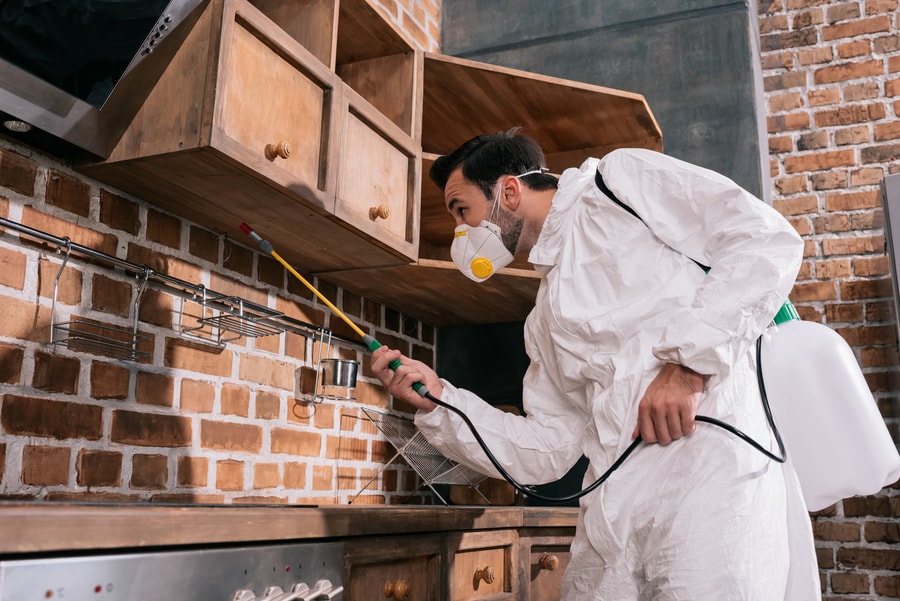How to Prepare for a Pest Control Treatment
If you’re planning a pest control treatment, it’s important to know how to prepare for the process. There are a few things that you can do to get your house and yard ready for the treatment. This will help you save time and money. Before the treatment, clean up any food sources, dead or dying foliage, and any other potential infestation points.
(Searching in Google “pest control services near me“? Contact us today!)

Vacuuming
Vacuuming before pest control treatment is essential for reducing the risk of re-infestation. It helps remove food crumbs, lint, pet hair, and other flat surfaces that pests can find attractive. Vacuuming can also help reduce the amount of insecticide residue in the home.
Before the pest control treatment, make sure to vacuum thoroughly to remove debris from entry points. You should also wipe down appliances and dispose of any garbage in the garbage can. For extra protection, do not allow pets and children to come into the house for several hours, as they may be exposed to chemicals in the air. If you are leaving your home for a few hours, make sure to remove any portable items that may be contaminated by the pesticide. In addition, do not leave any live indoor plants inside the house.
Removing dead or dying foliage
Dead foliage is the perfect habitat for pests. Removing it will open up a clean area to apply pest control treatments. Moreover, it will reduce the number of areas where pests can congregate. It is also important to remove dead or dying foliage from around the house.
Removing large furniture
To prepare your home for pest control treatment, it is important to remove large pieces of furniture. They may hinder the exterminator from reaching cracks and crevices where pests can hide. This will also protect your furniture from any chemicals that may be applied. The pesticides that the exterminator uses may damage furniture if they are applied to open surfaces.
Depending on the type of pest infestation, it may not be necessary to move large furniture. However, if the infestation is larger, moving large furniture may give the pest control technician enough space to look for hidden pest activity.
Removing food sources
Before you schedule a pest control treatment, you should make sure to remove any sources of food. For example, you should avoid leaving out wet paper or brown bags because they may harbor pests. It is also a good idea to put away old newspapers and keep them away from the kitchen. Cleaning your appliances and garbage is also important. If possible, use disposable gloves when handling pesticides. Afterward, you should discard any uncovered food and dispose of it in the trash bin.
Before a pest control treatment, you should clear your home of food sources and make sure the area is accessible to the treatment. You should also remove any food left on the floor or in your cupboards. Additionally, you should cover all dishes and other food in your kitchen and refrigerator. Having these items covered will help prevent pests from using your appliances and will also protect your house’s foundation from damage.
Cleaning the entire house after pest control treatment
After a pest control treatment, you should thoroughly clean the house to get rid of any remaining pests. You should focus on cleaning out entry points and sweeping away dust and debris. You should also wipe down all the appliances and dispose of any garbage in a trash can. Some pests are not affected by a pesticide spray but may be able to survive in a house with water-logged areas, so make sure to take care to seal leaks and wipe down wet areas.
If you are planning on cleaning your house after a pest control treatment, you should wear protective gear to minimize the risk of exposing yourself to toxic chemicals. Rubber gloves and face masks are important to avoid breathing chemicals or spreading them around. If you are not comfortable cleaning the entire house yourself, you can hire a cleaning service. This will minimize the risk of mishaps and improve the chances of successfully getting rid of pests.

